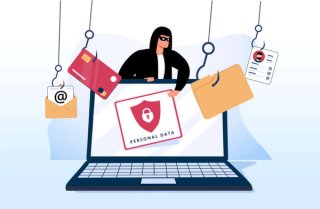How to work from home and stay mentally healthy
Published by Gbaf News
Posted on March 19, 2020
3 min readLast updated: January 21, 2026

Published by Gbaf News
Posted on March 19, 2020
3 min readLast updated: January 21, 2026

By David Price, workplace wellbeing expert and CEO of Health Assured
It can’t have escaped your notice that more and more businesses are shifting to remote working right now, due to the ongoing COVID-19 situation. For many, this is a sudden change and one borne out of immediate necessity. How can you make sure people are keeping on top of their mental health in such a time?
There are, after all, plenty of negatives to working from home. Sometimes it becomes difficult to separate your work life from your home life, especially when they both take place in the same area. It can get a bit lonely, without the commute and your co-workers around you. And you might find yourself becoming far less active—especially for the conscientious among you who walk or cycle every morning.
But, of course, there are positive among the gloom. Remote workers are often more productive, more engaged (with lower levels of absenteeism) and more loyal—in fact, 54% of quizzed workers say they would change jobs for one which offered more flexibility.
So, what can you do to keep yourself sane and healthy if you’re sent home to work at short notice?
If you’re an employer who is unused to remote work, it can feel a little daunting letting your people off the leash. Here are a few ways to support and care for your employees:
Explore more articles in the How To category











